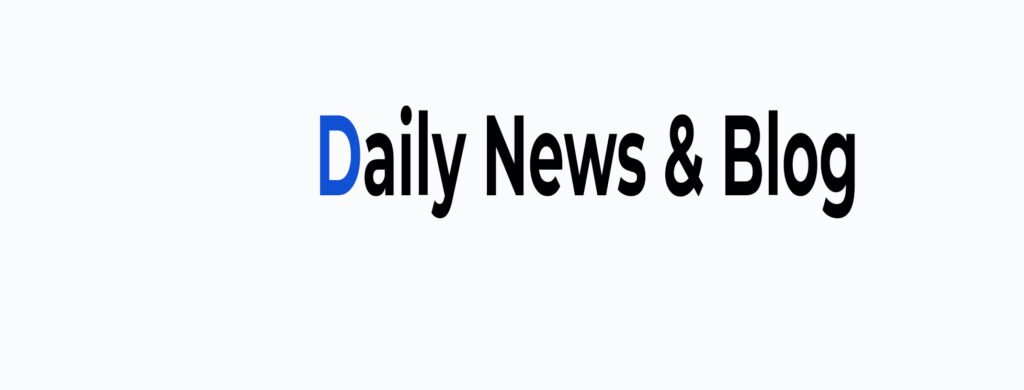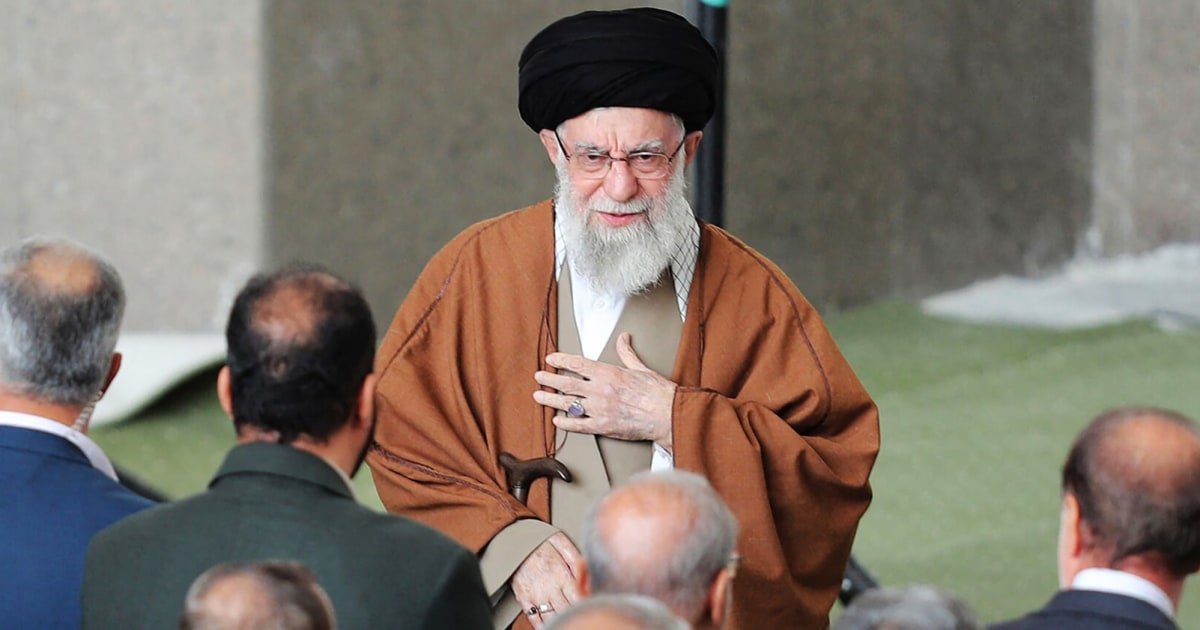
Social media is currently flooded with AI-generated Studio Ghibli-inspired images as part of a trend sparked by the launch of OpenAI’s new GPT‑4o image generator — and it’s caused a vociferous debate that has seen old anti-AI comments from Hayao Miyazaki resurface.
In a demo of the new native image generation in ChatGPT and Sora led by CEO Sam Altman, OpenAI took a selfie and turned it into an image that looks like Studio Ghibli art.
this was a real labor of love from @gabeeegoooh. congrats gabe; excellent work!
here is what we generated during the livestream: pic.twitter.com/fmHWp4d9AF
— Sam Altman (@sama) March 25, 2025
Sam Altman said on X / Twitter that OpenAI “put a lot of thought into the initial examples we show when we introduce new technology,” which suggests the Ghibli style was a deliberate choice.
And, a day after the demo, Altman tweeted:
>be me
>grind for a decade trying to help make superintelligence to cure cancer or whatever
>mostly no one cares for first 7.5 years, then for 2.5 years everyone hates you for everything
>wake up one day to hundreds of messages: “look i made you into a twink ghibli style haha”
Altman also changed his profile picture on X to a Ghibli-style image, which helped to kick off the trend we’re now seeing in which people are using the tech to create Studio Ghibli-style images or add a Studio Ghibli filter to existing images. Even the White House got in on the act with a hugely controversial tweet that sparked a major backlash online.
It’s been 24 hours since OpenAI unexpectedly shook the AI image world with 4o image generation.
Here are the 14 most mindblowing examples so far (100% AI-generated):
1. Studio ghibli style memespic.twitter.com/E38mBnPnQh
— Barsee 🐶 (@heyBarsee) March 26, 2025
Now, comments previously issued by Hayao Miyazaki, co-founder of Japanese animation house Studio Ghibli, are bubbling back up again to express the legendary filmmaker’s distaste for automated animation.
Studio Ghibli is of course famous for its meticulously animated, hand-drawn scenes and its dedication to the craft. The best Ghibli movies, such as Spirited Away, My Neighbor Totoro, and Princess Mononoke, are beloved as much for the quality of their animation as their stories and characters.
The use of generative AI to copy the Ghibli style has caused some to point out that doing so flies directly in face of Miyazaki’s ethos on the creation of art. In 2016, in a widely-circulated clip from NHK’s documentary series NHK Special: Hayao Miyazaki — The One Who Never Ends, Miyazaki was shown an AI-generated monster with “creepy” movement that might have been applied to a zombie video game. The person leading the demo explained that AI could “present us grotesque movements that we humans can’t imagine.”
In response, Miyazaki said: “Every morning, not in recent days, I see my friend who has a disability,” Miyazaki said. “It’s so hard for him just to do a high five; his arm with stiff muscle can’t reach out to my hand. Now, thinking of him, I can’t watch this stuff and find it interesting. Whoever creates this stuff has no idea what pain is.”
“I would never wish to incorporate this technology into my work at all,” Miyazaki added. “I strongly feel that this is an insult to life itself.”
Near the end of the clip, after hearing that the animators’ goal is to create a machine that “draws pictures like humans do,” Miyazaki said: “I feel like we are nearing to the end of the times. We humans are losing faith in ourselves.”
A reminder of Miyazaki’s take on AI: “I would never wish to incorporate this technology into my work at all. … this is an insult to life itself … I feel like we’re nearing the end of times … We humans are losing faith in ourselves.” pic.twitter.com/ubAnVMlio5
— Duncan Reyburn (@duncanreyburn) May 5, 2024
Of course, Miyazaki’s comments came well before the generative AI tech we know today hit the headlines, but it stands to reason he would have a similar opinion of what’s happening online this week.
That’s a sentiment shared by actress and director Zelda Williams, who took to social media to join the backlash.
“People are gleefully sharing ‘Studio Ghibli style’ AI memes and photos, as though the man himself wouldn’t absolutely despise the technological piracy and negative effects on our environment.
“Anyway, go watch Princess Mononoke in theaters tonight, and f*** AI.”
Then, in a subsequent post, Williams continued: “The amount of ‘get used to it’, ‘it’s fun’, ‘stop whining’ that I see in response to anti-AI sentiments is wild.
“I can’t stop you from using the stupid, water wasting, s**tty facsimile machines, in the same way you can’t stop me from talking about how deeply empty life will become if we relegate the pursuit of art or knowledge to a machine because some people don’t like the effort of learning, whether that’s an artistic skill or homework in school.
“Lazy doesn’t just affect the body, it rots the mind.”
Roger Clark, the actor behind Red Dead Redemption’s Arthur Morgan, also slammed this latest AI trend. Taking to X / Twitter, Clark said:
“This Studio Ghibli stuff is so depressing. It seems that there’s a new breed of ‘artist’ that invests absolutely nothing into their creative process. You can’t type a string of words into a prompt a couple of times and pretend it’s an artistic process.
“You’re not even coming up with your own style. You’re piggybacking off of someone else’s hard work and inspiration. You’re a lazy thief.
“You’re hurting the original art, you’re hurting your audience and you’re hurting yourself.”
In a more recent tweet, Altman said: “one man’s slop is another man’s treasure.”
There are now questions being raised about whether the AI model was trained on Miyazaki or Studio Ghibli’s work, and, if so, whether OpenAI had a license to do that training.
OpenAI, which is already fighting copyright lawsuits over ChatGPT, said the new tool would take a “conservative approach” in the way it mimics the aesthetics of individual artists.
“We added a refusal which triggers when a user attempts to generate an image in the style of a living artist,” it said. But the company added in a statement that it “permits broader studio styles — which people have used to generate and share some truly delightful and inspired original fan creations.”
Generative AI is one of the hottest topics within the video game and entertainment industries, which have both suffered massive layoffs in recent years. Generative AI thus far has drawn criticism from players and creators due to a mix of ethical issues, rights issues, and AI’s struggles to produce content audiences actually enjoy. For instance, Keywords Studios attempted to create an experimental game internally using entirely AI. The game failed, with Keywords citing to investors that AI was “unable to replace talent.”
Wesley is the UK News Editor for IGN. Find him on Twitter at @wyp100. You can reach Wesley at wesley_yinpoole@ign.com or confidentially at wyp100@proton.me.








